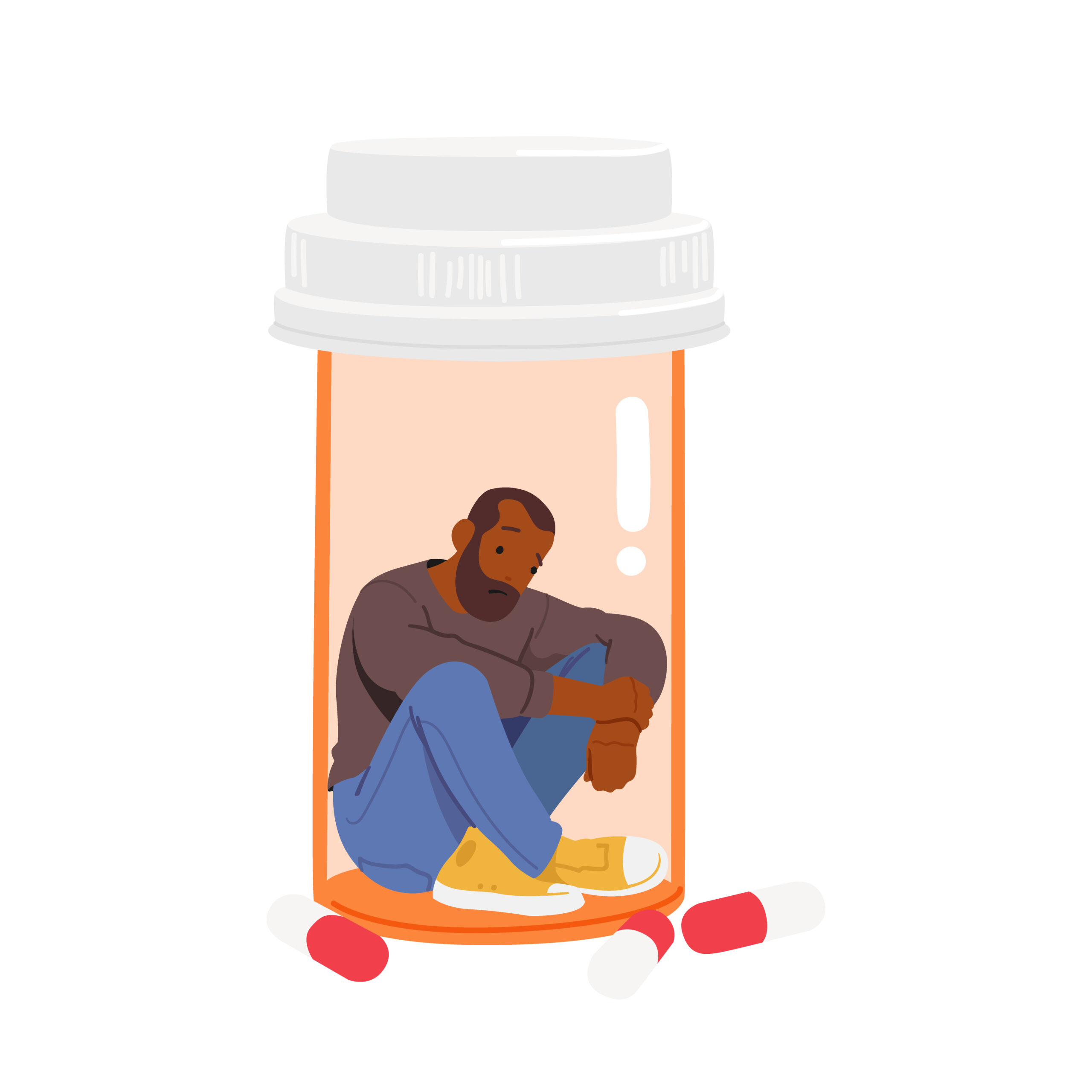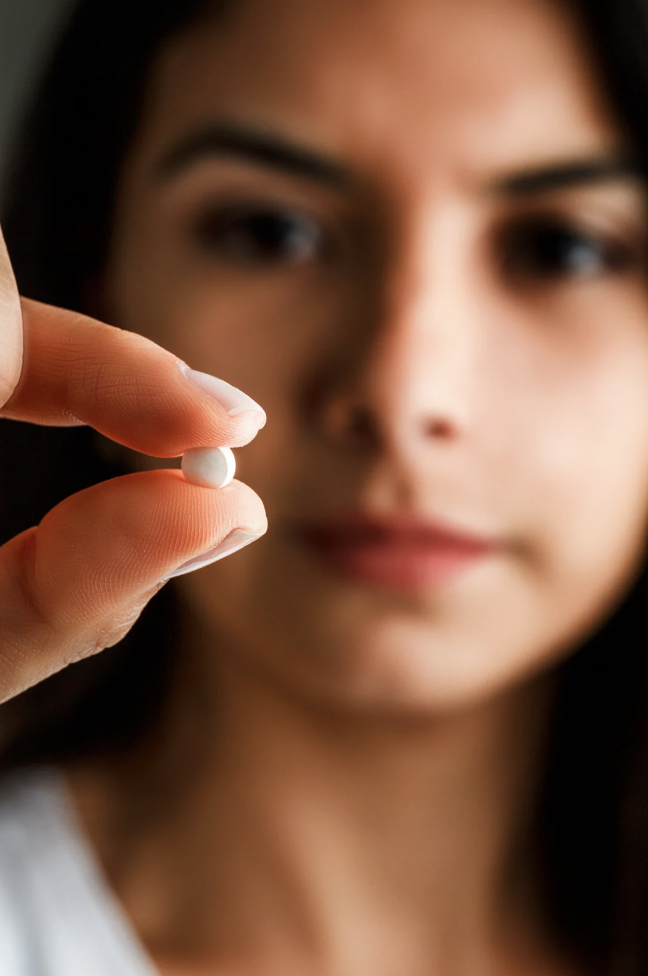Opioid Use Disorder Research Study
Researchers at the University of Pennsylvania are conducting a study to see if psilocybin, a compound being tested, can help people on a stable dose of medication for opioid use disorder (MAT) avoid relapse, prevent overdose, and stick to their treatment plan more effectively.

Fast Facts

On a Stable Dose of Medication-Assisted Treatment (MAT) (e.g., Suboxone, Sublocade, Methadone, etc.)

Willing to stay one night inpatient in a residential addiction treatment facility

Compensation Provided

Conducted in Philadelphia, PA
Study Background
Researchers at the University of Pennsylvania are studying whether psilocybin can help people on medication for opioid use disorder (MAT) prevent relapse, avoid overdose, and stay on track with treatment.
This study aims to explore whether psilocybin, a compound found in certain mushrooms, can improve outcomes for individuals with opioid use disorder (OUD) who are already on medication-assisted therapy (MAT). Researchers will recruit 36 participants who are currently using MAT for OUD. These participants will be randomly assigned to receive either a higher (25-mg) or lower (1-mg) dose of psilocybin. Over the course of the study, participants will undergo several assessments, including urine screenings and surveys, to monitor their progress.
The goal of the study is to determine if psilocybin can help prevent relapse, reduce the risk of overdose, and improve adherence to MAT, ultimately leading to better overall treatment outcomes. The researchers hypothesize that those receiving the higher dose of psilocybin (25 mg) will show greater improvement in clinical outcomes compared to the lower dose group. Participants will continue to be monitored for a year after their initial dosing, with follow-up assessments at 3, 6, 9, and 12 months to track long-term effects.
Join our compensated study today!

Study Background
Researchers at the University of Pennsylvania are studying whether psilocybin can help people on medication for opioid use disorder (MAT) prevent relapse, avoid overdose, and stay on track with treatment.

This study aims to explore whether psilocybin, a compound found in certain mushrooms, can improve outcomes for individuals with opioid use disorder (OUD) who are already on medication-assisted therapy (MAT). Researchers will recruit 36 participants who are currently using MAT for OUD. These participants will be randomly assigned to receive either a higher (25-mg) or lower (1-mg) dose of psilocybin. Over the course of the study, participants will undergo several assessments, including urine screenings and surveys, to monitor their progress.
The goal of the study is to determine if psilocybin can help prevent relapse, reduce the risk of overdose, and improve adherence to MAT, ultimately leading to better overall treatment outcomes. The researchers hypothesize that those receiving the higher dose of psilocybin (25 mg) will show greater improvement in clinical outcomes compared to the lower dose group. Participants will continue to be monitored for a year after their initial dosing, with follow-up assessments at 3, 6, 9, and 12 months to track long-term effects.
Join our compensated study today!

Additional Information
This study is being done to determine if psilocybin can improve clinical outcomes, such as preventing relapse and overdose, for individuals already on medication-assisted therapy (MAT) for opioid use disorder (OUD). The researchers aim to assess whether psilocybin can enhance brain function, behavior, and treatment adherence in these individuals.
You may qualify for the study if you meet the following criteria.
Inclusion Criteria:
- On a stable dose of Medication Assisted Treatment (MAT) (ex. Suboxone, Sublocade, Methadone, etc.)
- Willing to stay one night inpatient in a residential addiction treatment facility
- Ages 18-60
Exclusion Criteria:
- Not currently taking any mental health medications (e.g., depression, anxiety, PTSD, etc.)
- Currently pregnant or breastfeeding
If you participate in this study, here’s what you can expect:
Screening Visits: You will come to the study office at 3535 Market Street, Suite 500, in Philadelphia, PA, for screening. This includes assessments, interviews, and some medical tests, such as a physical exam and fasting blood draw, to determine if you’re eligible for the study.
Inpatient Program: If you’re not already in an inpatient setting, you will be asked to be admitted to an inpatient program for the duration of the psilocybin phase, which lasts about two weeks. During this time, you’ll have about seven visits to the office, including preparation therapy, baseline assessments, neuropsychological testing, psilocybin dosing, and post-dose therapy and assessments.
Psilocybin Dosing: You will be randomly assigned to receive either a high dose of active psilocybin (25mg) or a low dose comparator (1mg).
Post-Psilocybin Phase: After the inpatient phase, you will be discharged and return home, but you will continue coming to the office for outpatient visits twice a week for eight weeks. You will also have follow-up visits at 3, 6, 9, and 12 months after the dosing day.
Yes, you will be paid for participating in this research study. Here’s a breakdown of the payments:
- Screening visit: $75
- Pre-psilocybin preparation visits (2 visits): $50 each
- Baseline visit: $125
- Dosing day: $100
- Post-psilocybin integration visits (2 visits): $50 each
- Post-psilocybin assessments: $125
- Outpatient visits (twice weekly for 8 weeks): $50 per visit
- Follow-up visits (at 3, 6, 9, and 12 months): $50 per visit
- Optional fMRI sessions (2 sessions): $75 each
- Travel reimbursement: $10 per visit during the outpatient and follow-up phases
Participants can make up to $1,775 throughout the entire course of the study.
There is no cost for you to participate in our research study.
